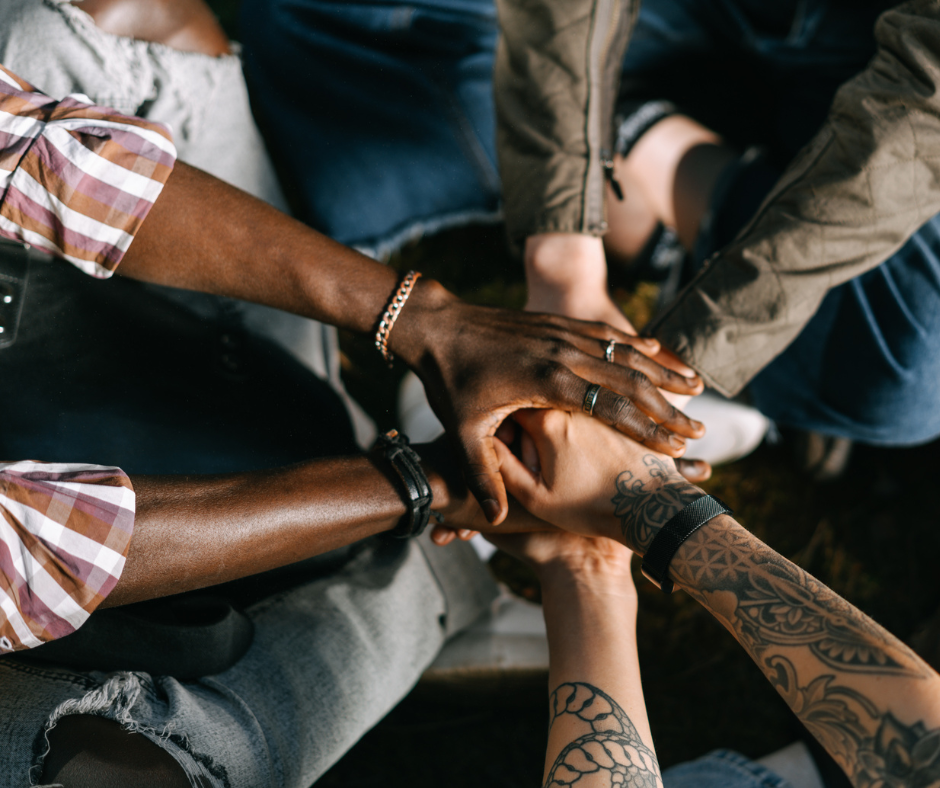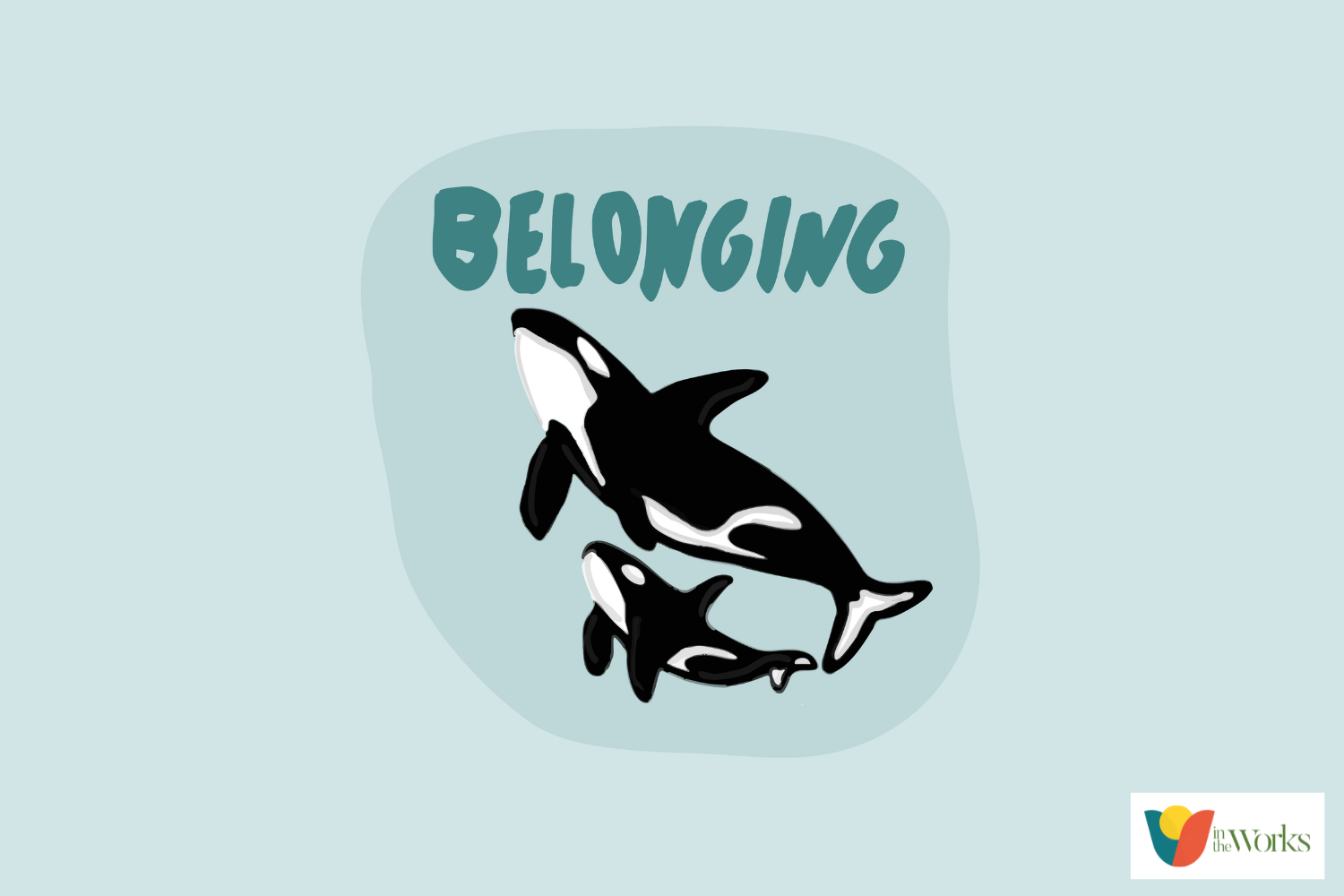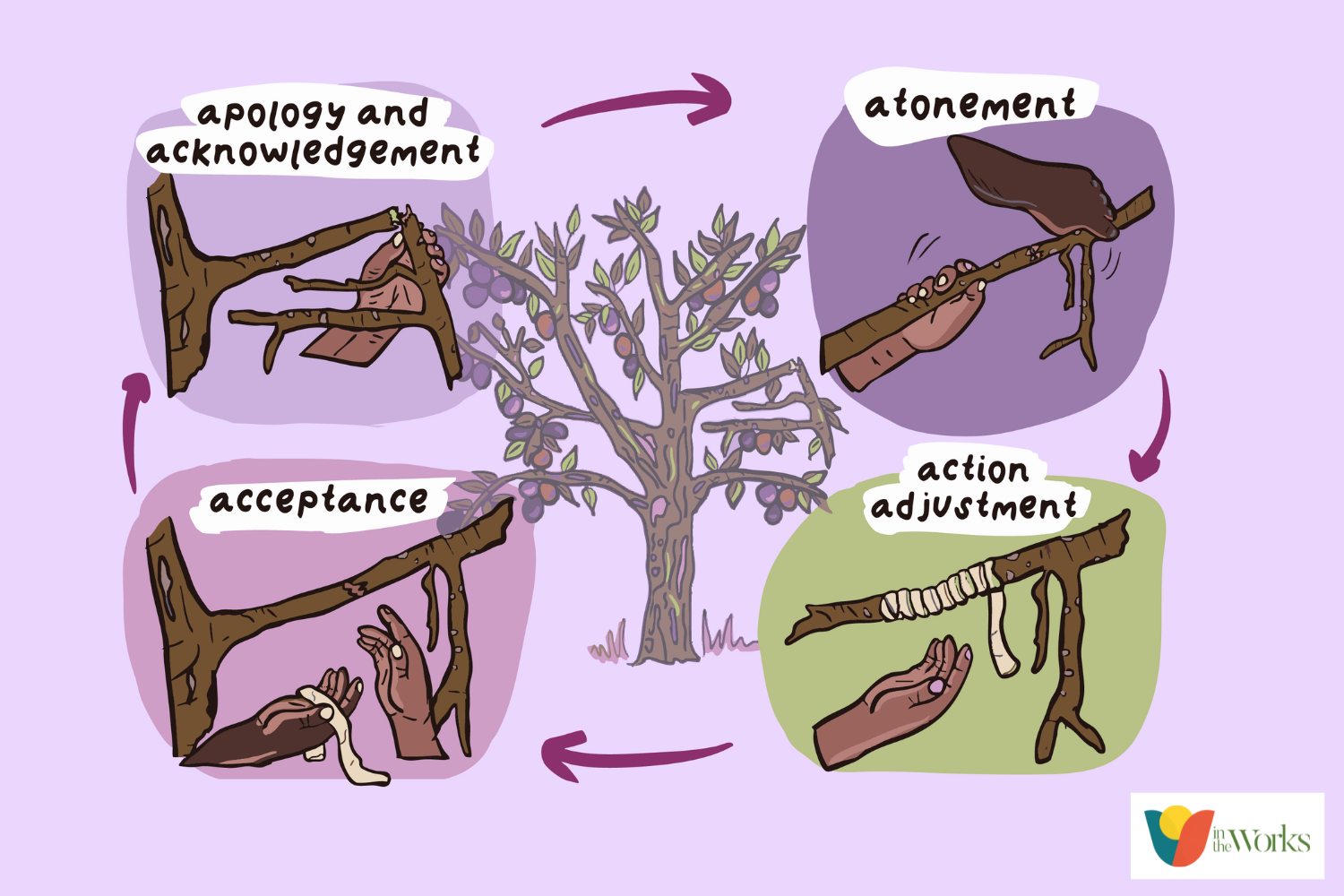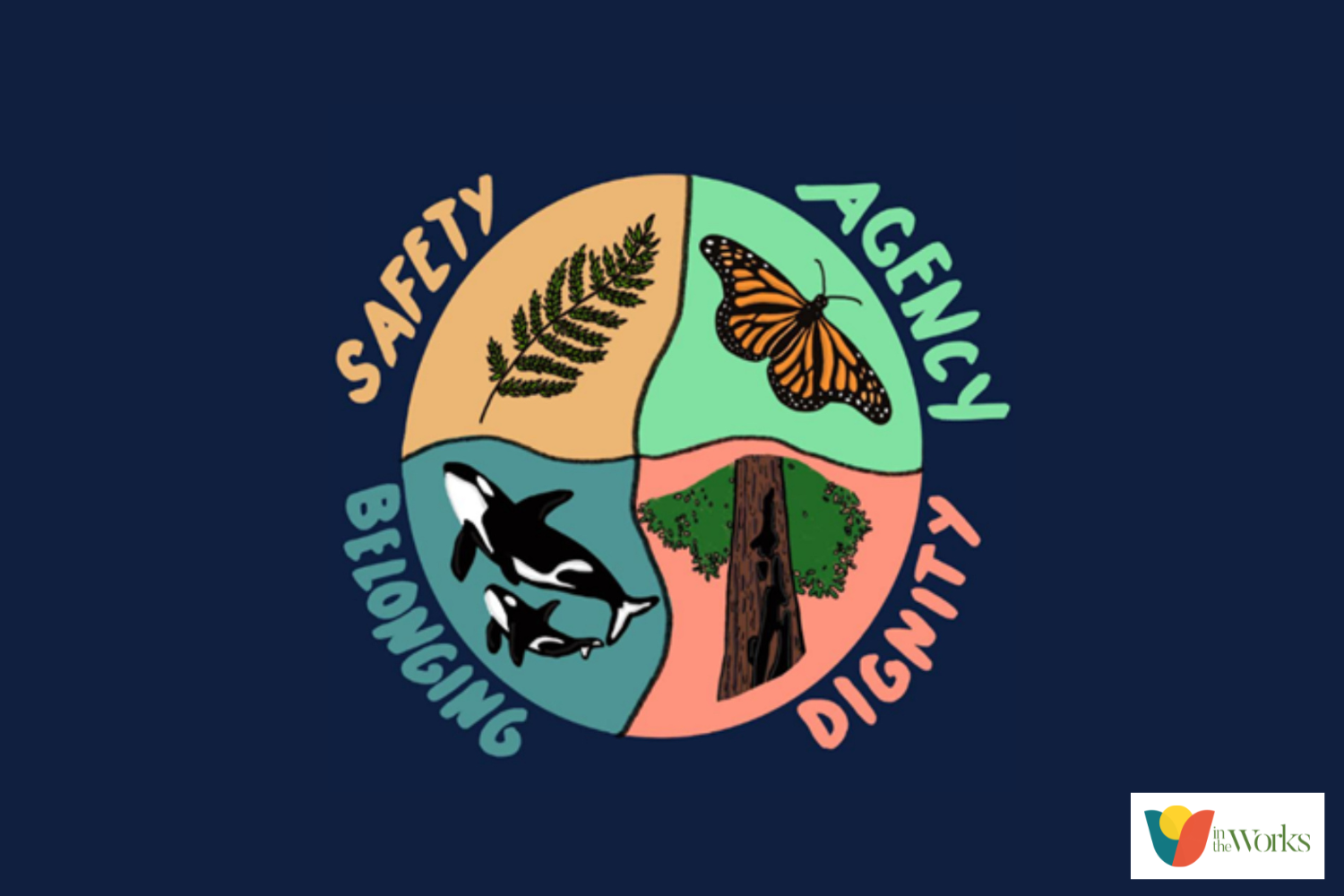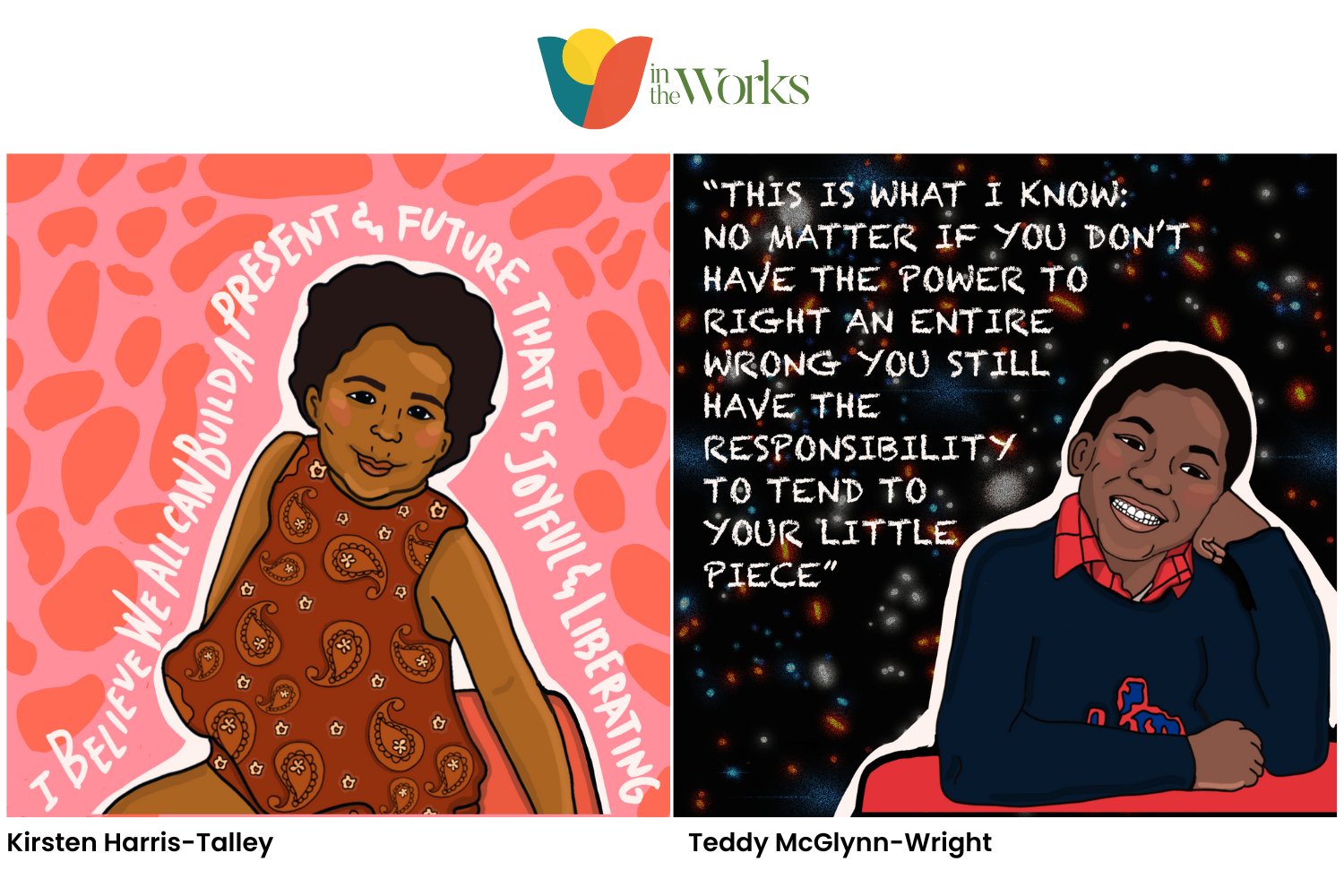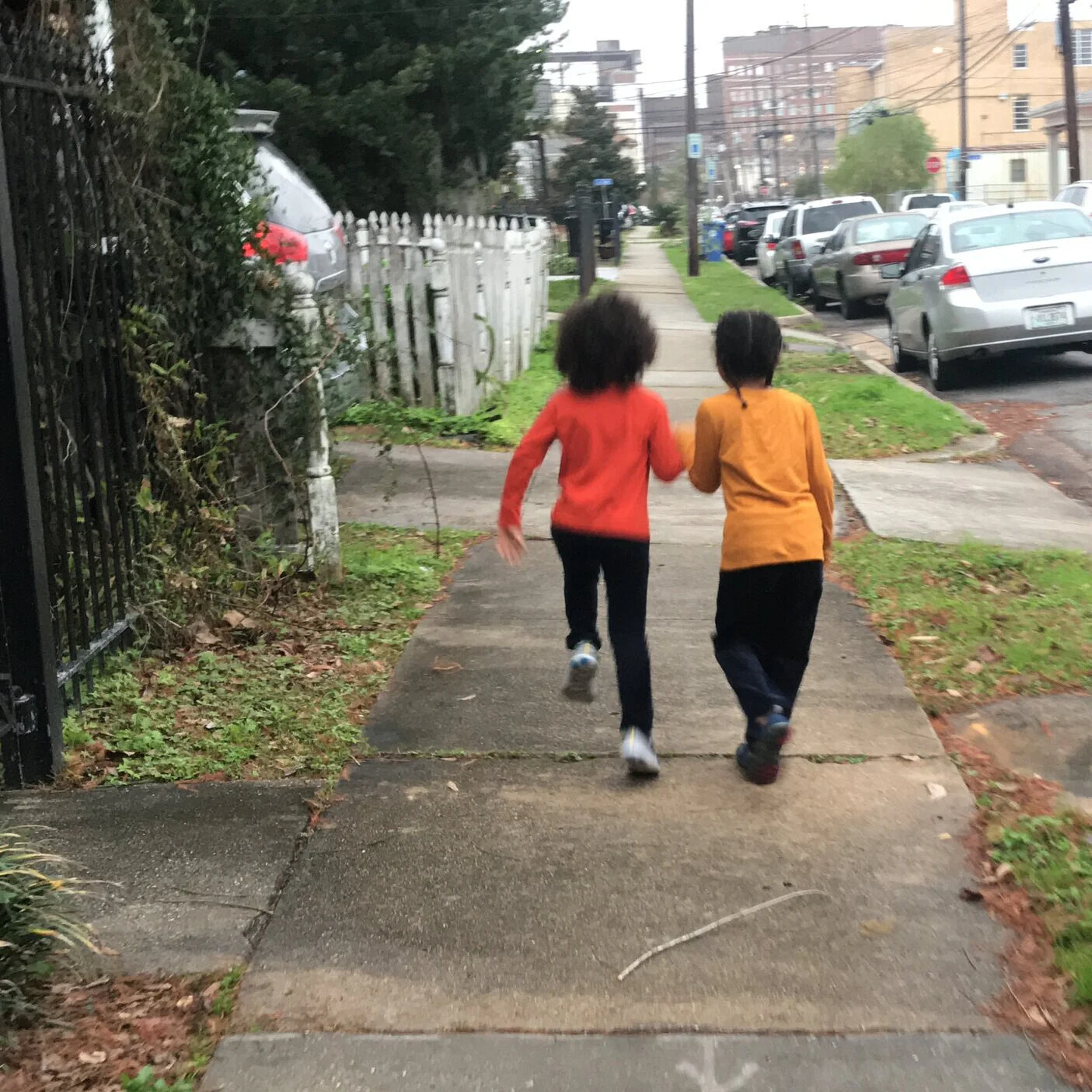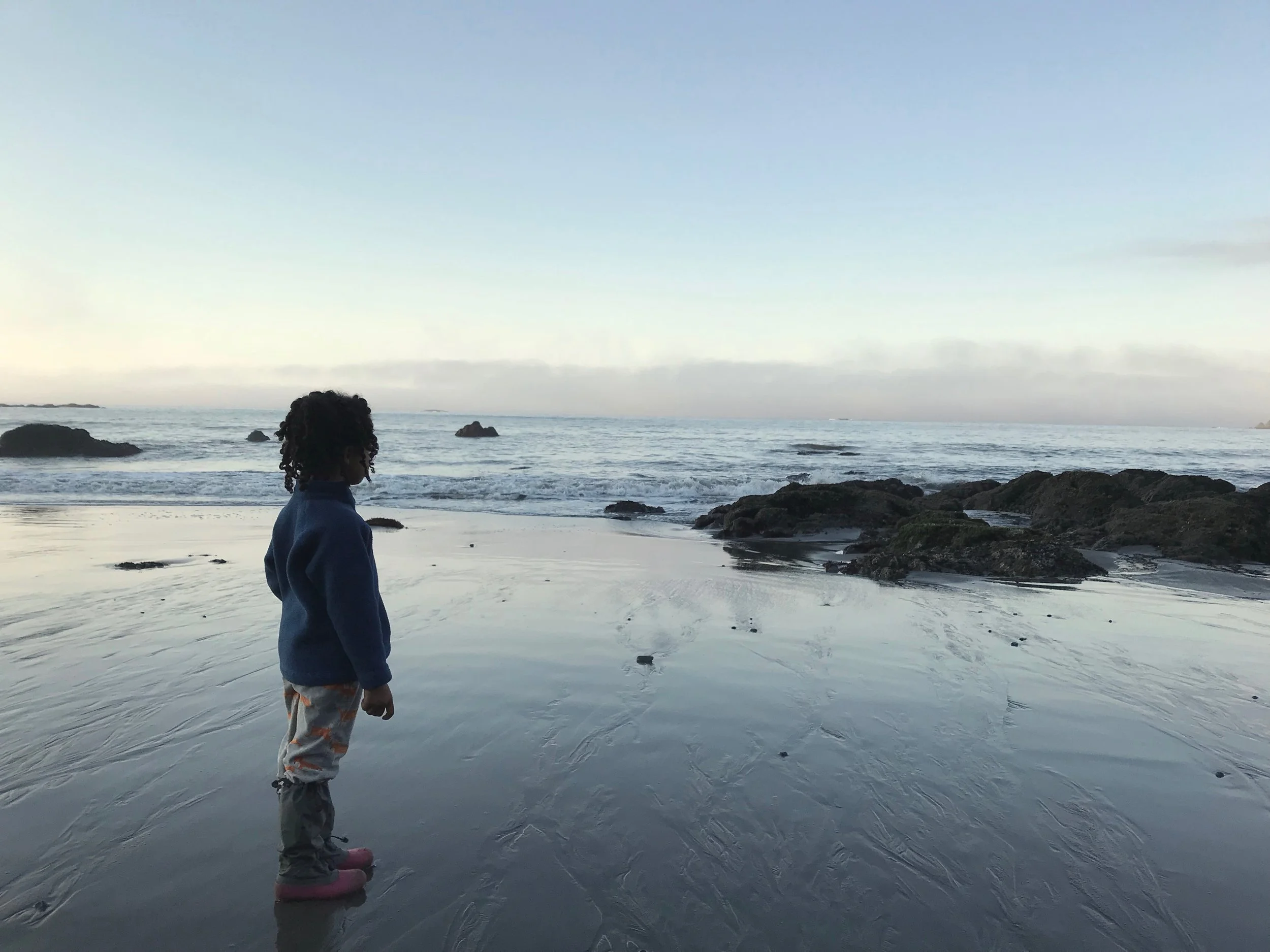In a culture that prizes urgency, it’s easy to overemphasize the surge of energy that comes with doing and underemphasize what comes after completion. But sustainability isn’t found only in the high points of collective action; it’s built in the in-between, the troughs: the recovery rooms, the post-meeting debriefs, the kitchens and living rooms where people land, decompress, and make sense of what just happened. There is much in the moments of celebration and reflection to remind us of what we are building together.
Values are not just statements on paper; they are the foundation for equity, sustainability, and trust in how we organize. This post explores how aligning your why and how can transform reactive habits into liberatory practices through clarity, commitment, and daily action.
Facilitation begins with how we show up in our own bodies. This post explores co-regulation as both a nervous system practice and a relational strategy, offering tools for building trust, shared presence, and resilience between facilitators and the groups they serve.
Facilitation isn't about keeping things calm at all costs. This post explores how nervous system-informed facilitation helps distinguish between real dysregulation and necessary discomfort, offering tools for tracking group cues, navigating intensity, and supporting growth through rupture and repair.
The nervous system is always shaping the room, whether we name it or not. This post explores how nervous system-informed facilitation helps groups stay grounded through discomfort, offering tools to track somatic cues, design for safety and belonging, and co-lead with care in moments of change.
Belonging is more than a feeling. This post explores how Belonging-Based Facilitation supports leaders and organizations in building sustainable practices through shared accountability, collective creativity, and the deep work of showing up together.
Warm welcomes are more than gestures. This post explores how invitation, recognition, and preparation shape group experiences, offering facilitators tangible ways to create spaces where people feel seen, valued, and ready to connect.
Every time a group changes, a new group forms. This post explores how Belonging-Based Facilitation uses intentional warm welcomes to honor history, disrupt assumptions, and invite people in as their full, distinct selves.
Every group moves through stages, even in its uniqueness. This post explores how Belonging-Based Facilitation uses Tuckman’s group development model to help facilitators recognize group dynamics, respond to conflict with care, and guide teams toward deeper authenticity, alignment, and connection.
Repair is essential to belonging. This post explores how authentic amends—rooted in impact, accountability, and action—can rebuild trust, transform group dynamics, and create the conditions for healing and connection.
We begin whole, and we can return to wholeness. This post explores how reclaiming our Fundamentals—safety, agency, dignity, and belonging—helps us resist commodified wellness and move toward collective healing, even in the midst of ongoing harm.
At In The Works, belonging is both a value and a practice. This post introduces the people, principles, and purpose behind our work: facilitation, coaching, and storytelling rooted in care, designed to support communities building a more liberated, connected future.
Trauma disrupts our fundamental needs for safety, agency, dignity, and belonging. This post introduces the Integrative Trauma and Healing Framework and offers practical ways to support healing across individual, collective, and systemic levels.
A primer on our foundational offering: Belonging-Based Facilitation. If you’re curious about what it is, where it comes from and how it differs from other typical modes of facilitation, read on.
A friend recently asked how I prepare for facilitation or healing work that is likely to be especially taxing, I responded that I prepare by being: grounded, bounded, clear and tuned.
That is not Teddy dodging questions. It is him presenting to a group of BASW students at the University of Washington, sharing foundational frameworks for understanding structural oppression. Teddy often asks folks to watch this before working together so time can be spent exploring how oppression is showing up, not debating whether it exists.



